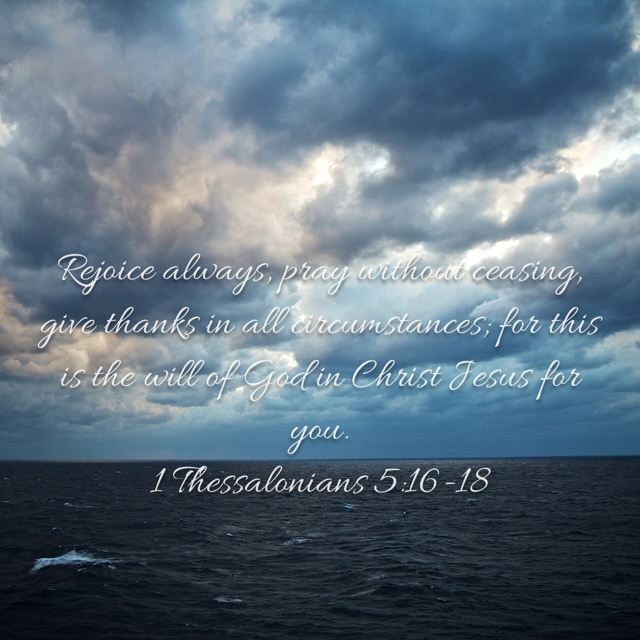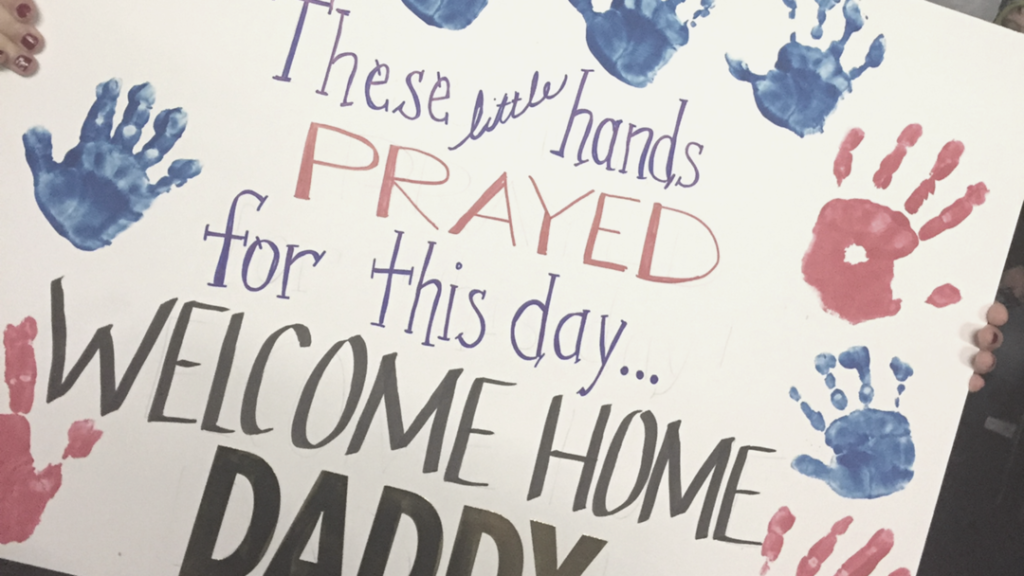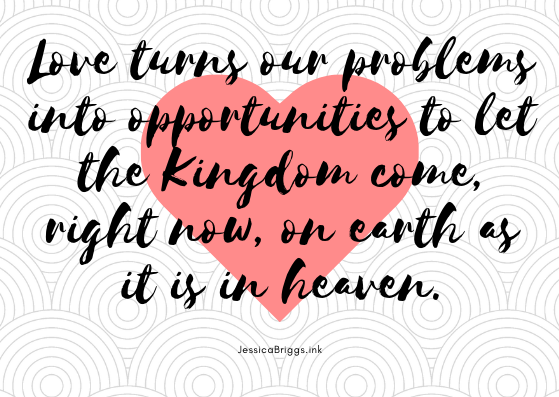A mainline American Christianity reputation, and oftentimes reality, is judgmentalism. For three decades I’ve seen the ebb and flow, the collective rise and fall, the finger-pointing and condemnation hurled at certain well-known Christians or denominations. Whether it’s come in the form of questioning their faith, commitment or leadership, I’ve seen people with evolving thoughts on faith lambasted, their books pulled off shelves and every blogger in Christendom taking their collective stab at them.
It’s always been so ironic to me that Christians- who’s primary message is centered on a person called Love- can carry such negative connotations. Love doesn’t divide. Love multiplies.
Every parent who’s welcomed more than one child knows this truth- you CAN love more. The capacity for love is ever-growing, ever-changing and bubbling with the possibility to multiply.
It seems like Christianity is a dying faith some days, and that the church is continually putting each sect under the microscope to criticize. It’s time to return to elementary teachings. The whole message of Jesus is love, and we must multiply the cry.
“Therefore, as God’s chosen people, holy and dearly loved, clothe yourselves with compassion, kindness, humility, gentleness and patience. Bear with each other and forgive one another if any of you has a grievance against someone. Forgive as the Lord forgave you. And over all these virtues put on love, which binds them all together in perfect unity.” Colossians 3:12-14
Church- what if we encountered others with compassion?
Compassion sees the heart of the person made in God’s image and loves them anyway.
What if we encountered people different in their faith with kindness?
Kindness goes out of it’s way to make peace and create belonging.
What if we encountered people different in their faith with humility?
Humility says I can learn from someone else and my views aren’t always right.
What if we encountered the people we’d rather judge with gentleness?
Gentleness listens for the story under the story, the suffering under the hardness, and weeps with those who weeps. Or it finds the joy in the story and rejoices along with it.
What if we encountered our brothers and sisters in faith with patience?
Patience says I realize your path and journey is at a different place with Jesus. You don’t have to theologize, defend, “get on my level,” or believe how I believe for us to bear with one another.
The end of the Colossians passage says that we must put love on to bind us together in perfect unity. The global church is not united right now- we’re dividing ourselves into man-made boxes and defining God within those boundaries. We’re not marked with compassion and joy- don’t believe me? Ask an unbeliever! The Church has not lived up to the charge of love, which multiplies, which invites, which creates openness and willingness to dine with the sinners and the saints. And because of it, we see division.
A house divided against itself cannot stand. We must find unity by becoming people of Love, and not people of our denominations (yes, nondenomers, you have your own little groups, too). We must have loving conversation. We must get out of our certainty, theological boxes and assurances, and learn to become comfortable with the grey areas in faith- because most of it is grey, after all. That’s what faith is- not being certain all the time.
We don’t need anymore opinions or views about Jesus. We need to allow others to seek Him and find Him. We need to give people the air and freedom to wrestle with God. Because a real faith journey includes the doubt.
We cannot live in fear of another person’s viewpoints about Jesus or faith in general. We cannot avoid them or remain silent. We can’t just blend in and keep to ourself. We have to live in the tension with people. That’s the call of Christ: to love in the mess; to engage with faith and humility.
Every time I’ve tried to respond with gentleness, love, patience, kindness and humility to someone I’d previously categorize as “not as holy as myself,” I’ve been surprised to find they are much like me, and also capable of responding with gentleness, love, patience, kindness and equal humility. We can learn and grow, even if we don’t always agree. We can love each other, authentically, and in turn open the doors to love others.
I believe this because I’ve lived it. On one hand I’ve participated in judgmentalism, in defending biblical views, in becoming so rigid in my faith that I’ve pushed people out. I’ve contributed to division, and I am heartbroken by it. But I won’t stay there.
But I’ve also lived repentant (meaning with a changed mind), and seen the Kingdom multiply. I can attest that no one wins or build relationships from picketing, brimstone and fire sermons or a good religious debate. Love wins because of the choice to step out in love toward someone, to show empathy, to care in the same way Jesus did when He walked the earth.
So, Apologists, step away from your podiums (or your social media platform) and let the Spirit enlighten hearts. Use your voice to speak love kindness, gentleness, and maybe even a little humility to know you aren’t always right. God spoke through a donkey; therefore, He can operate outside our neatly defined faith.
So, Theologians- close the books and essays. No man or woman has ever perfectly dissected God and faith. It’s time you to go and talk to people who might even believe differently or belong to a more liberal or conservative denomination. Stop the Twitter arguments and reposts and love your neighbor.
So, Pastors, Elders & Deacons, Lay Leaders and Small Group Facilitators- don’t become so comfortable in your positions that you forget your mission is to love the world, and not just the little clique behind your doors who tithe, who celebritize you on Facebook Stories or think you are a guru of the Bible.
Believers- let’s start giving each other the benefit of the doubt. Let’s not weaponize the Scripture or Jesus. We need to use the real truth of the book- LOVE- to live and move and breathe and have our being.
The world needs us. We need each other. And Love is the only way that’s going to work and unify our hearts.








